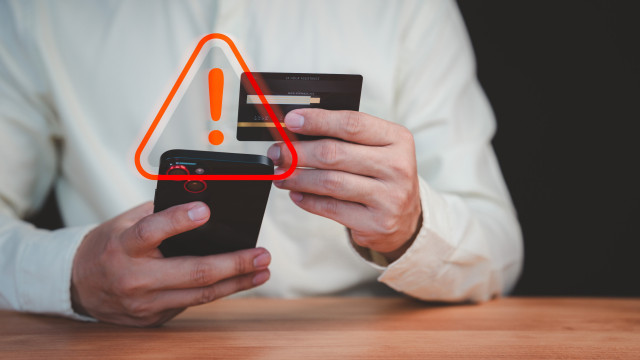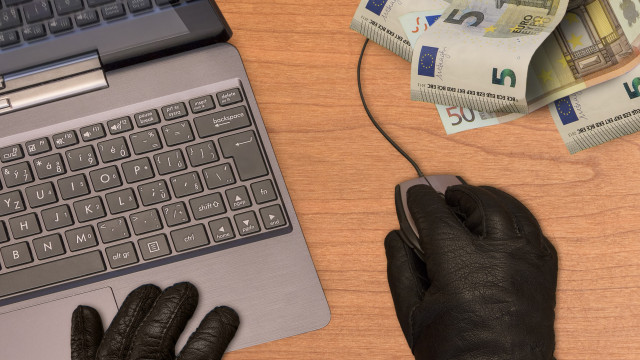If you receive a message “purportedly from an entity providing energy, water, or telecommunications services asking you to promptly settle outstanding amounts under the threat of service interruption,” be cautious, as “it’s likely you’re facing a scam,” warns the Bank of Portugal (BdP).
Tips for Protection
In a statement, the BdP shared some tips that can help respond to these situations without falling into the ‘trap’:
1 – Beware of Urgent Requests
“Do not succumb to urgency and carefully analyze the request you received. Be attentive to other signs of fraud attempts, such as errors in language, highly depersonalized information, or using a contact method that is not usual. Legitimate entities do not demand immediate payments via SMS, email, or WhatsApp, threatening severe consequences like the seizure of your income.”

In a statement sent to Notícias ao Minuto, the Portuguese Banking Association (APB) explains that the “initiative aims to alert the public to the increasing risks of online fraud, promoting safe practices in the use of digital banking.”
Beatriz Vasconcelos | 07:04 – 22/09/2025
2 – Verify the Origin of the Request
“If you receive a notice to settle a debt or make a missing payment, confirm the information on the entity’s website or use another official contact method. If you receive a money request from someone claiming to be a friend or family member, contact them through a phone number you recognize or another customary contact method. Never use the phone number or email that contacted you or access the entity’s website through links provided in the message or the email you received. These links may direct you to a false page, even if it appears legitimate, so always type the website’s electronic address you wish to access.”
3 – When in Doubt, Do Not Make Any Payment
“In case of doubt, do not make any payment or provide personal data without confirming that the request you received is genuine. When making the requested payment, always confirm the recipient’s identity. It is possible to identify the recipient in various types of payment operations, including payments with MB WAY, before confirming the transaction. If the recipient’s name does not match the expected name, do not proceed with the payment without clarifying the situation.”
The Bank of Portugal further advises:
- In case of doubt, do not share personal data;
- Contact your bank or other payment service provider immediately if you detect unauthorized transactions on your account;
- If you are a victim of fraud, report the situation to the nearest criminal police authority (PSP, GNR, or PJ) or the Public Prosecution.

Did you receive a contact on behalf of your bank? “Stay alert! It is likely you are facing a common form of phishing, that is, an attack designed to capture your personal data,” warns the Bank of Portugal.
Notícias ao Minuto | 08:12 – 07/10/2025




